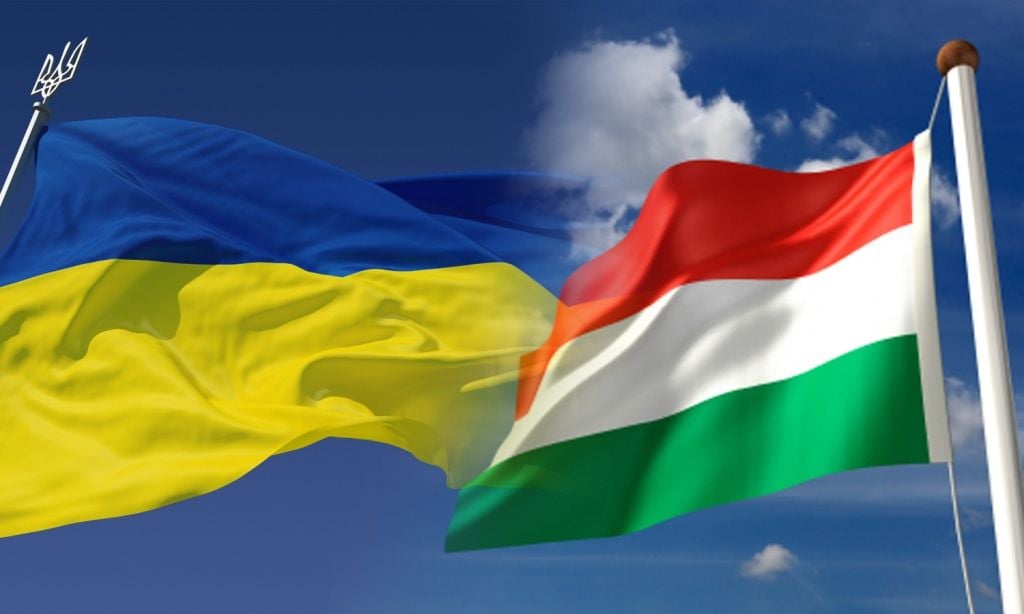
Speaking to the Ukrainian journalists at NATO Headquarters following a series of meetings with representatives of the Bloc, Klympush-Tsintsadze expressed hope that the Allies "will talk with Budapest using objective arguments."
"Ukraine is concerned over Hungary's stance of ultimatums, which they show in the context of their dissatisfaction with the language clause of the education law. Our attempts to engage in a dialogue are being shattered by the unwillingness of the Hungarian side. We also see a serious concern within NATO that one of the Bloc’s members is blocking the effective development of further and scheduled meetings between Ukraine and NATO. This is perceived very negatively, as unacceptable behavior, and there is an interest in solving this issue at the bilateral level between the two states. We see that our initiatives are not enough, and therefore we expect that our partners will talk with Hungary from the perspective of objective arguments," she said.
Vice PM noted that NATO had earlier found solutions to even more complex problems.
"We are asking our partners to talk directly with Hungarian leaders," Klympush-Tsintsadze said.
Read alsoPoland not to support Hungary’s protest against Ukraine’s education lawAs UNIAN reported earlier, in late October, Hungary said that it stood against holding of a Brussels meeting in Brussels of the Ukraine-NATO Commission December 6, 2017.
According to Hungarian Foreign Minister Peter Szijjarto, until early September, Hungary was among those who were "most actively" advocating such meeting, but after the education law was passed in Ukraine, it feels as if it was "stabbed in the back."
According to Szijjarto, his country would have retained the same course "but can only provide such support to the states whose decisions and behavior deserve it."
Read alsoRussian-Hungarian slap in the face of the EU and NATO. How long will the Allies remain silentAt the same time, he stressed that Budapest was ready for consultations, but cannot accept the situation when, as Szijjarto puts it, the law takes away the previously granted rights of national minorities.
He drew attention to the fact that Hungary is also concerned over the mood among the Verkhovna Rada deputies to consider draft laws on language and citizenship.
Szijjarto warned that Hungary would continue to take such diplomatic steps until the Zakarpattia-based Hungarians recognize that the cultural and educational situation is not properly regulated to their liking.
He has added that currently there is no way to bypass the Hungarian veto, since the convening of a NATO-Ukraine Commission requires a unanimous vote.

